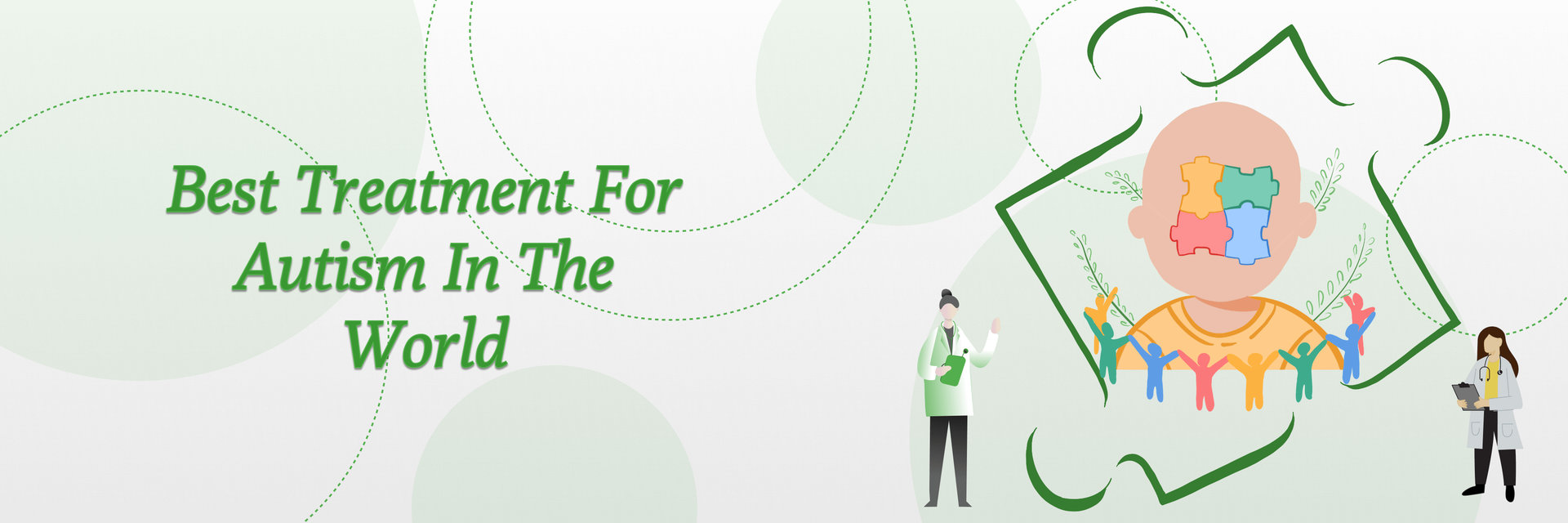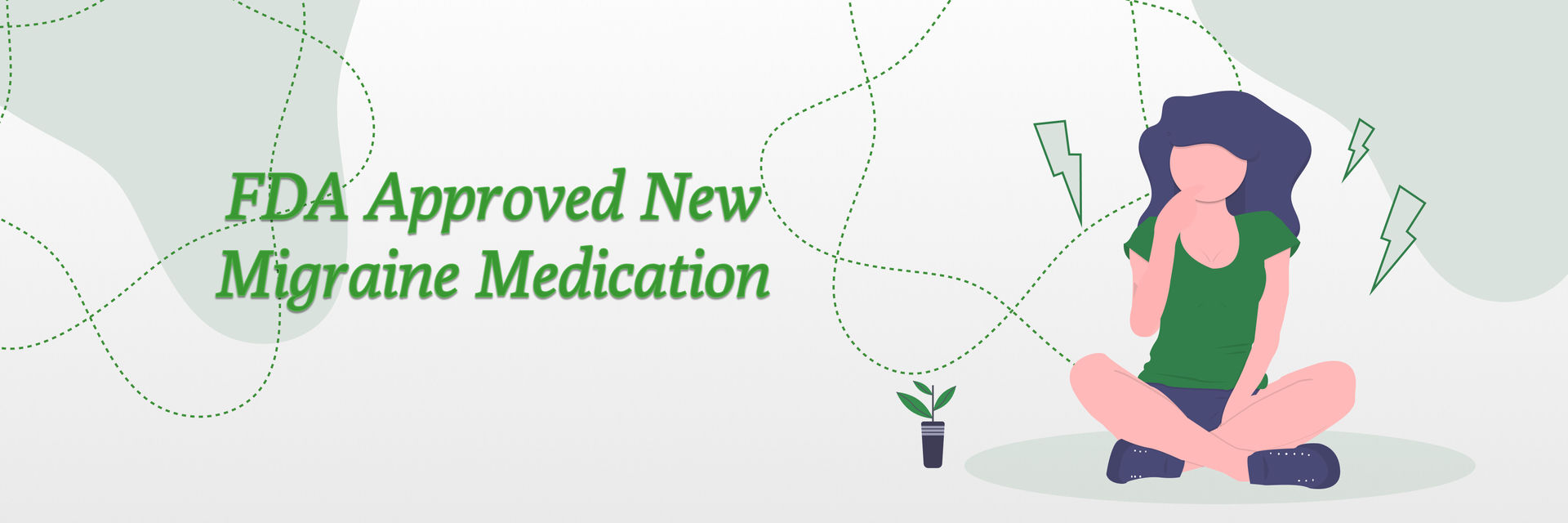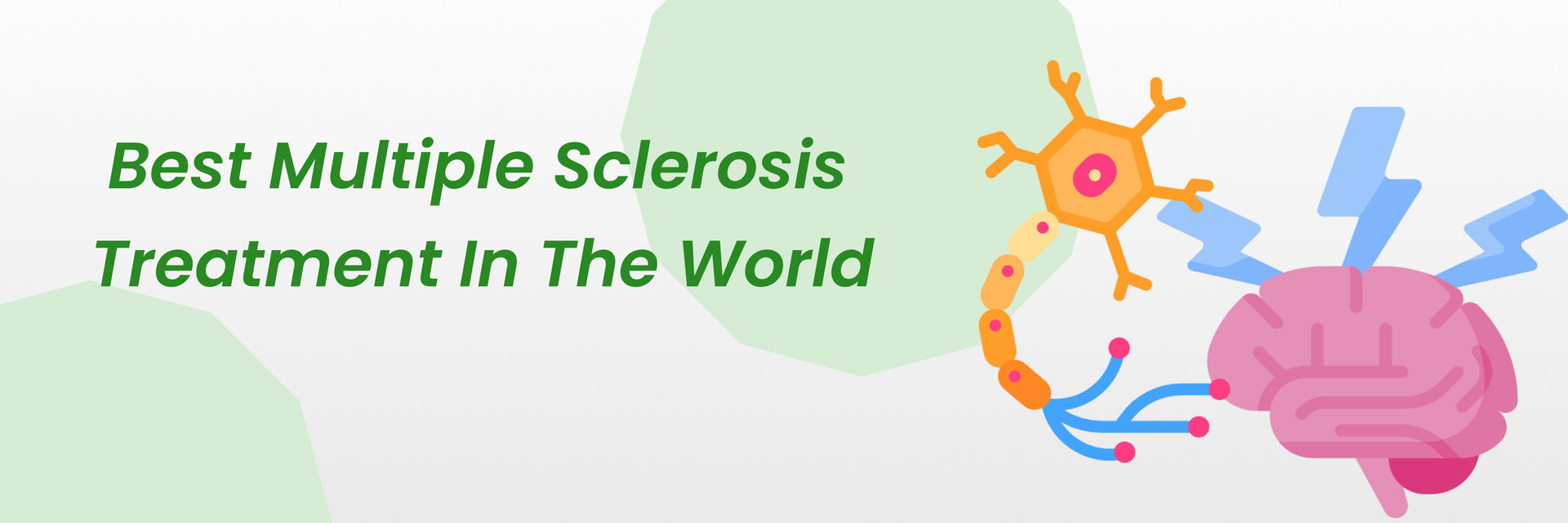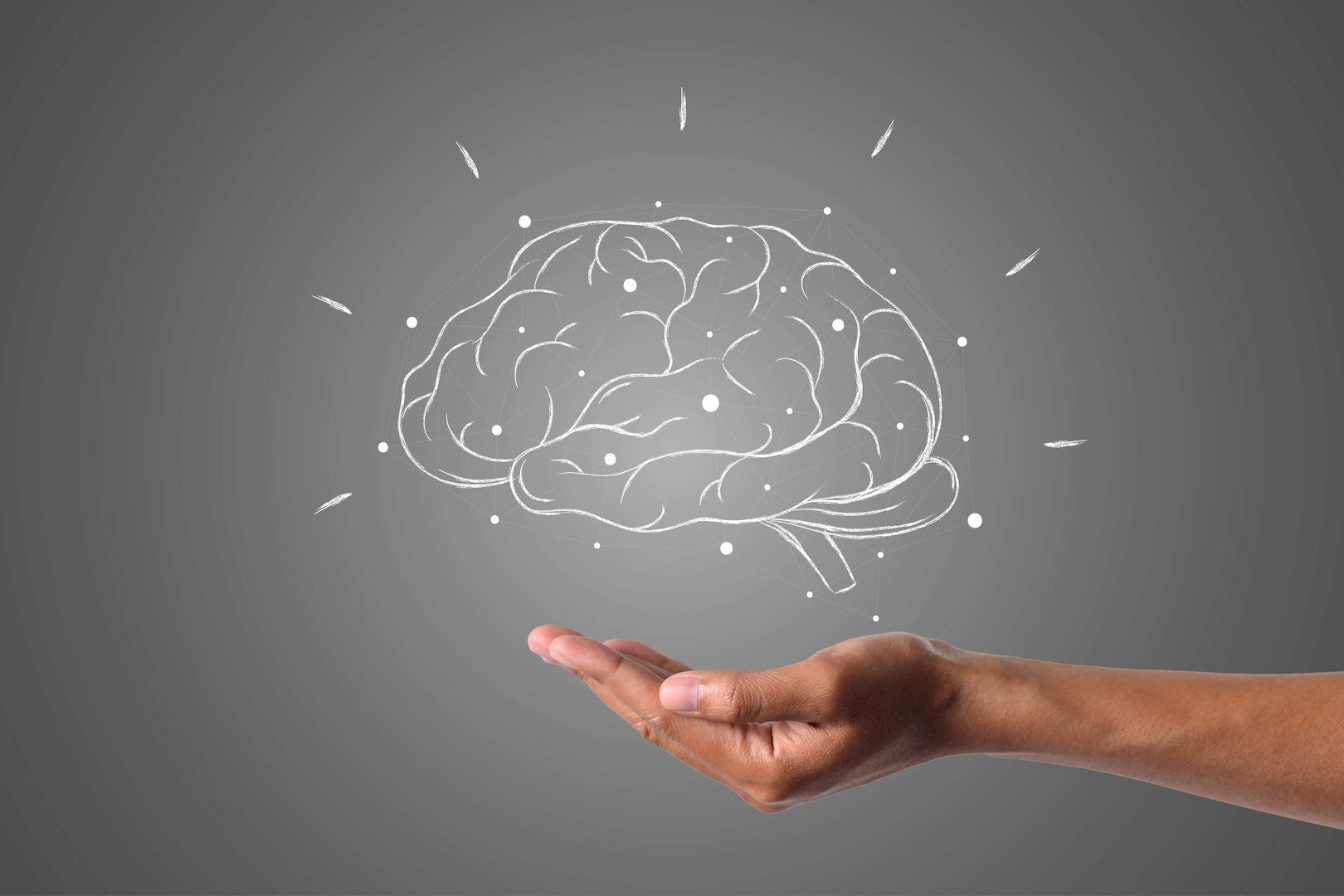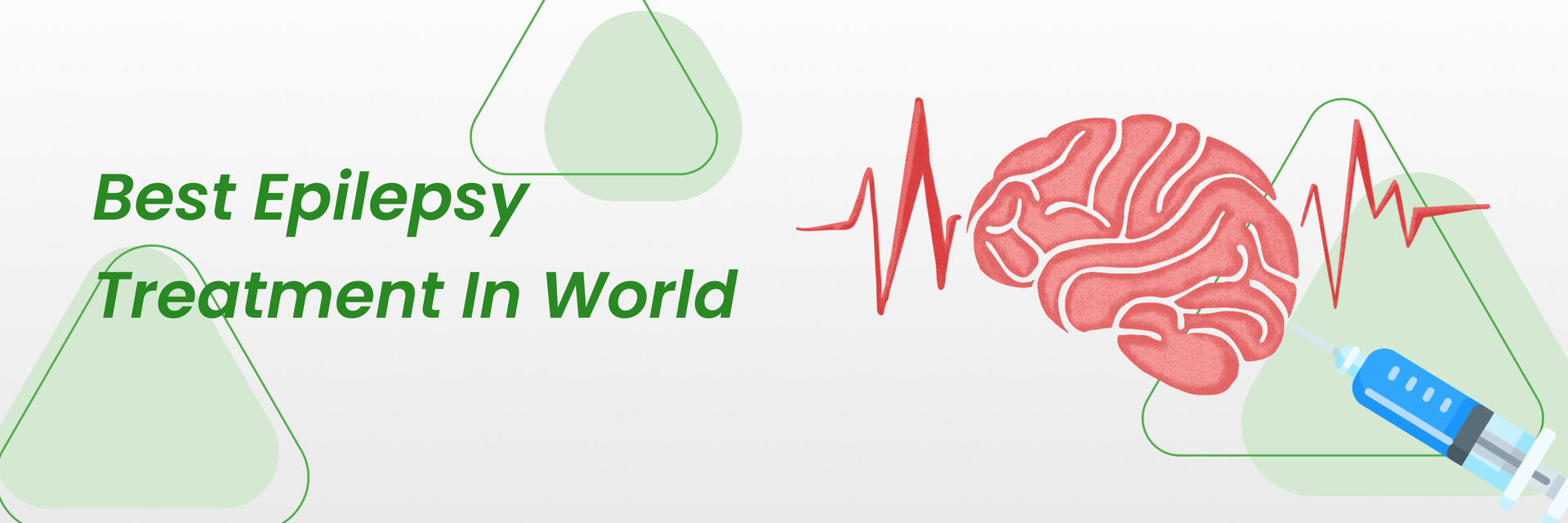Overview
Dementia is a collection of symptoms that affects individuals' memory, reasoning, and social skills. The most typical cause of dementia is Alzheimer's disease, although other conditions, such as stroke, can also cause dementia.
The treatment of dementia in the early stages is essential. However, it would be even better if we could prevent it altogether.
Researchers in Japan have recently demonstrated that a high-fiber diet is linked to a lower risk of dementia development. This study is recently published in the journal Nutritional Neuroscience.
Before we check how a fiber diet is related to brain health, let’s first find out the role of fiber in your diet.
Fiber is made up of carbohydrates. The primary role of fiber is to keep your digestive system healthy. In addition, consuming fiber helps with memory and mood in general. Promoting microbiota also reduces oxidative stress and inflammation.
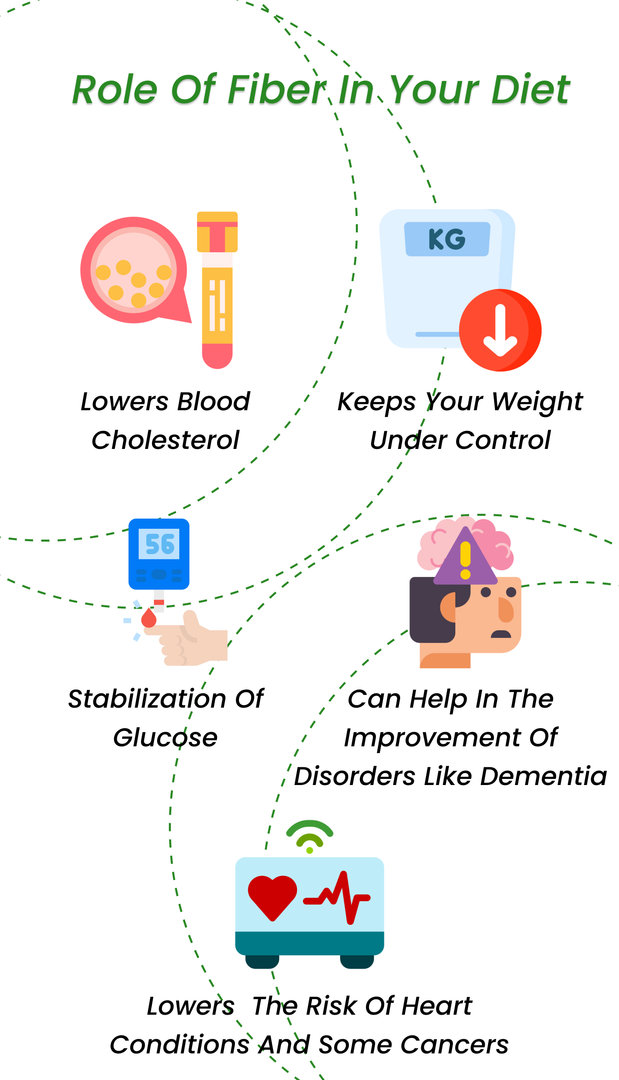
From the moment food is eaten until the final waste is expelled from the intestine, the muscles lining the digestive system massage food down the digestive path.
Dietary fiber helps to bulk up our feces and maintains digestive health because it is largely indigestible.
What is the connection between your gut and mind?
The problems relating to your stomach issues are some of the most common symptoms of stress and anxiety. According to researchers, this is because the gut and the brain are connected.
The enteric nervous system, sometimes known as the "second brain," is a network of nerves located throughout the gut, much like the brain. Similar neurons and neurotransmitters to those present in the central nervous system can be found in the enteric nervous system.
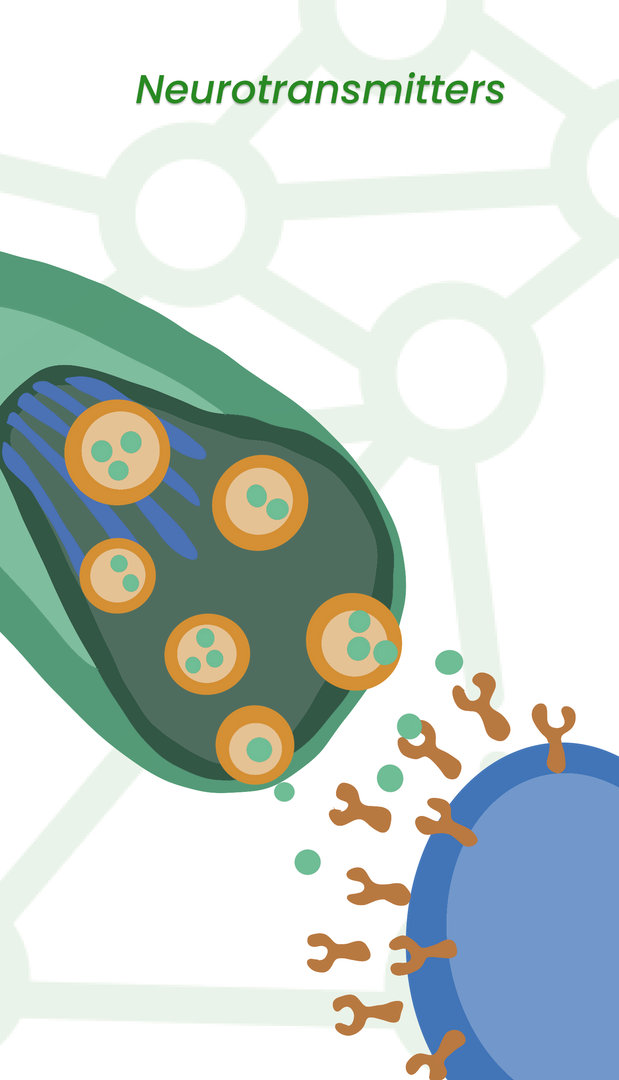
Your digestive system, from swallowing to the release of enzymes, is managed and controlled by your second brain. It ensures that food breaks down into little pieces and regulates blood flow so nutrients may be absorbed and excreted.
Through your nervous system and hormones, the ENS communicates with your brain. Also, your immune system and stomach exchange information, which impacts your overall mental health.
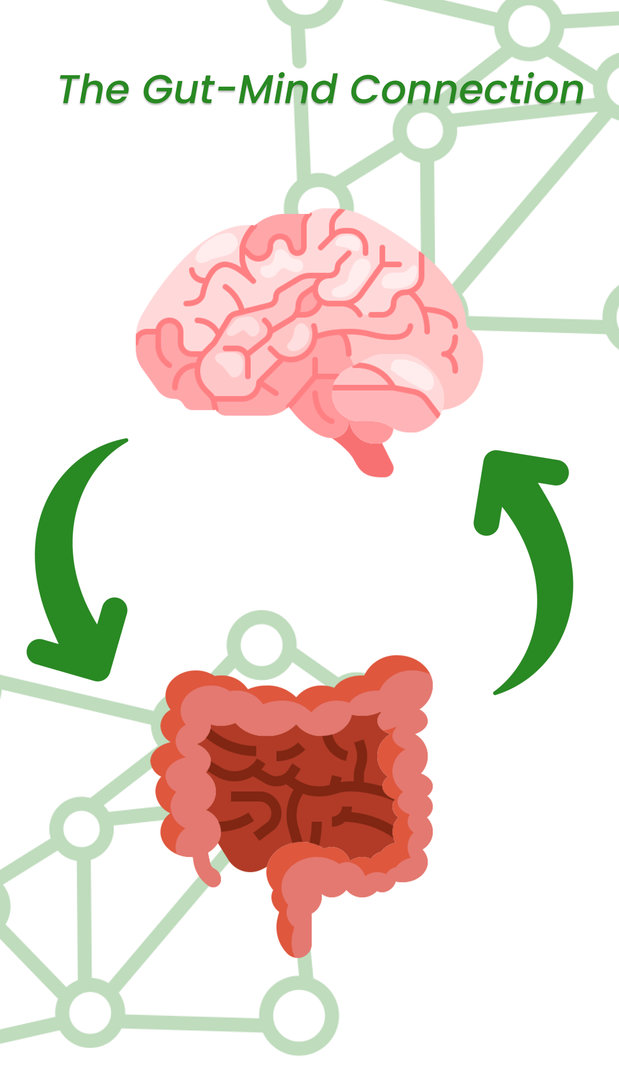
How does a high-fiber diet affect your brain health?
Most of the body's essential processes, whether conscious or not, are managed and controlled by the brain. Because of this, the brain must receive a constant supply of oxygen and fuel. In addition, metabolizing nutrients from the digested meal available in the bloodstream provide energy.
According to Lisa, a nutritionist and creator of the Candida Diet shared her insights on the connection between diet and dementia. She said,
There is some evidence to suggest that certain dietary patterns may be associated with a reduced risk of cognitive decline and dementia, but the relationship between diet and dementia is complex and not fully understood.Some studies have found that a diet rich in fruits, vegetables, whole grains, and fatty fish may be protective against cognitive decline and dementia. Conversely, a diet high in saturated fats, refined sugars, and processed foods may increase the risk of cognitive decline and dementia. It's important to note that no single food or nutrient has been conclusively linked to the prevention or treatment of dementia. However, eating a healthy, balanced diet as part of an overall healthy lifestyle may be beneficial for brain health and may help to reduce the risk of cognitive decline and dementia.
20% of the body's daily caloric intake, or around 400 calories out of 2000, goes to the brain. About 60% of the brain is structurally made of fat, primarily polyunsaturated fatty acids and high cholesterol (PUFAs).
As a result, one's diet directly impacts the structure and operation of the brain, which in turn influences how the mind functions.
A study by scientists found that high-fiber foods reduce inflammation in the brain's microglia (a major type of immune cell). As a result, scientists think high-fiber diets may trigger a chemical chain reaction that reduces brain inflammation, leading to slower aging-related memory loss and cognitive decline and a lower risk of neurodegenerative disorders like Alzheimer's.
Effects of high fiber diet on Dementia
As we have discussed above, your gut health affects your mental health. It is proven by a recent study in Japan that a high-fiber diet can reduce the risk of dementia.
Let's see what the study found out:
The study:
3,739 healthy adults between the ages of 40 and 64 participated in the study.
Scientists made four groups based on various fiber intakes.
The individuals responded to questionnaires that measured their consumption of fiber. Between 1985 and 1999, the study was completed, and from 1999 to 2020, it was followed up.
The researchers investigated if the subjects needed care and whether they got dementia.
They also studied the effects of soluble and insoluble fiber.
Study Findings
The study found that a high-fiber diet reduces the risk of dementia.
- Effects of two types of fiber: Gut bacteria need soluble fiber. Such foods as oats and beans contain it. Insoluble fiber is essential for bowel movement. Vegetables, whole grains, and other foods contain it.
- In comparison to insoluble fiber, the researchers found that soluble fiber had a more vital link with dementia. However, Professor Kazumasa Yamagishi, the study's primary author, stated that the "mechanisms are currently unknown" regarding the association between fiber intake and dementia. It might, however, include the gut-brain connection.
- One theory is that soluble fiber, which influences gut flora, may also influence neuroinflammation. Dementia develops as a result of neuroinflammation.
- In addition, fiber affects characteristics that are risk factors for dementia, such as blood pressure, blood glucose levels, and weight.
- The team also investigated distinctions between the two major forms of fiber, soluble and insoluble fibers. In addition to offering additional health advantages, soluble fibers are present in foods like oats and lentils and are vital for the good bacteria in the stomach.
- Whole grains, vegetables, and several other meals include insoluble fibers, which are recognized to be crucial for intestinal health. However, the researchers discovered that soluble fibers had a stronger association with dementia than insoluble fibers.
According to Dr. Yamagishi, the mechanism of this connection is currently unknown, but it may have to do something with the interactions between the gut and the brain. He adds that one explanation for this could be that soluble fiber controls the composition of the gut bacteria, which could impact neuroinflammation, a factor in the development of dementia.
Now, what else can high fiber diet do for dementia?
According to Parker Russell, the Owner & CEO of Athletic Insight,
Diet is important for dementia because it can help to maintain brain health and potentially slow the progression of the disease. Some studies have suggested that following a healthy diet that is rich in fruits, vegetables, and whole grains, and that is low in saturated and trans fats, can help to support brain health and reduce the risk of cognitive decline.There is currently no cure for dementia, and it is not yet clear if the disease can be reversed by diet or other lifestyle interventions. However, some research suggests that following a healthy diet and engaging in other healthy behaviors, such as regular physical activity and not smoking, may help to slow the progression of the disease and potentially improve cognitive function in some people.
Fiber might also reduce other risk factors of dementia, like body weight, lipids, glucose levels, and blood pressure. However, the work of this study is still in the early stages, and it is essential to confirm the association in other populations as well.
Many traditional dietary habits consist primarily of nutrient-dense, unprocessed foods with minimal processing. It is essential and should be supported by nutritional specialists to assist individuals with mental illness in making decisions about strategies that support self-care and health improvement.
References:
https://www.clinicaltrialsarena.com/



